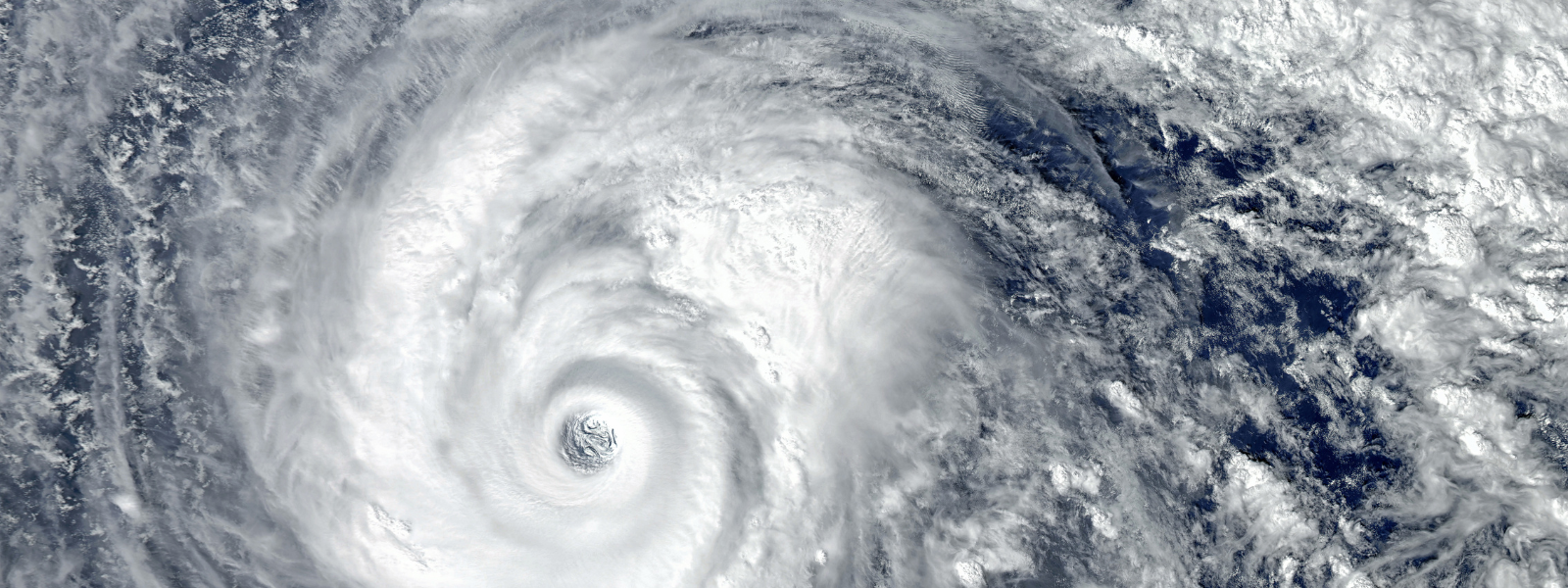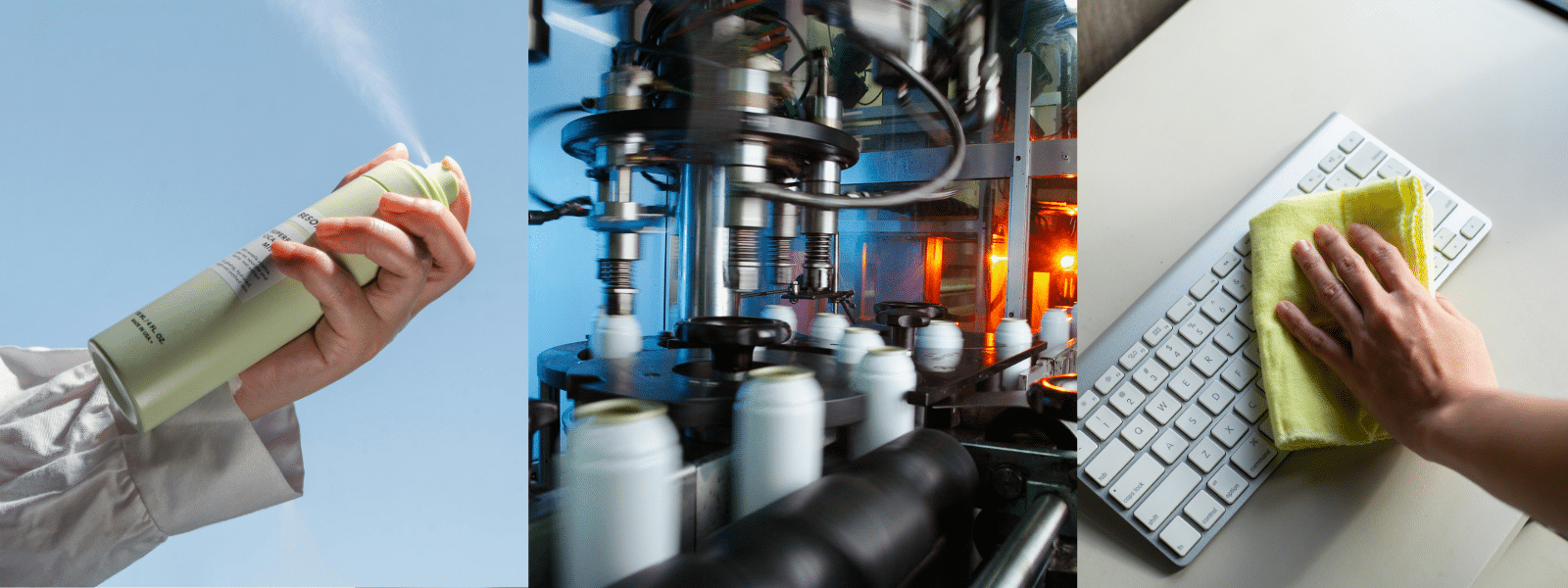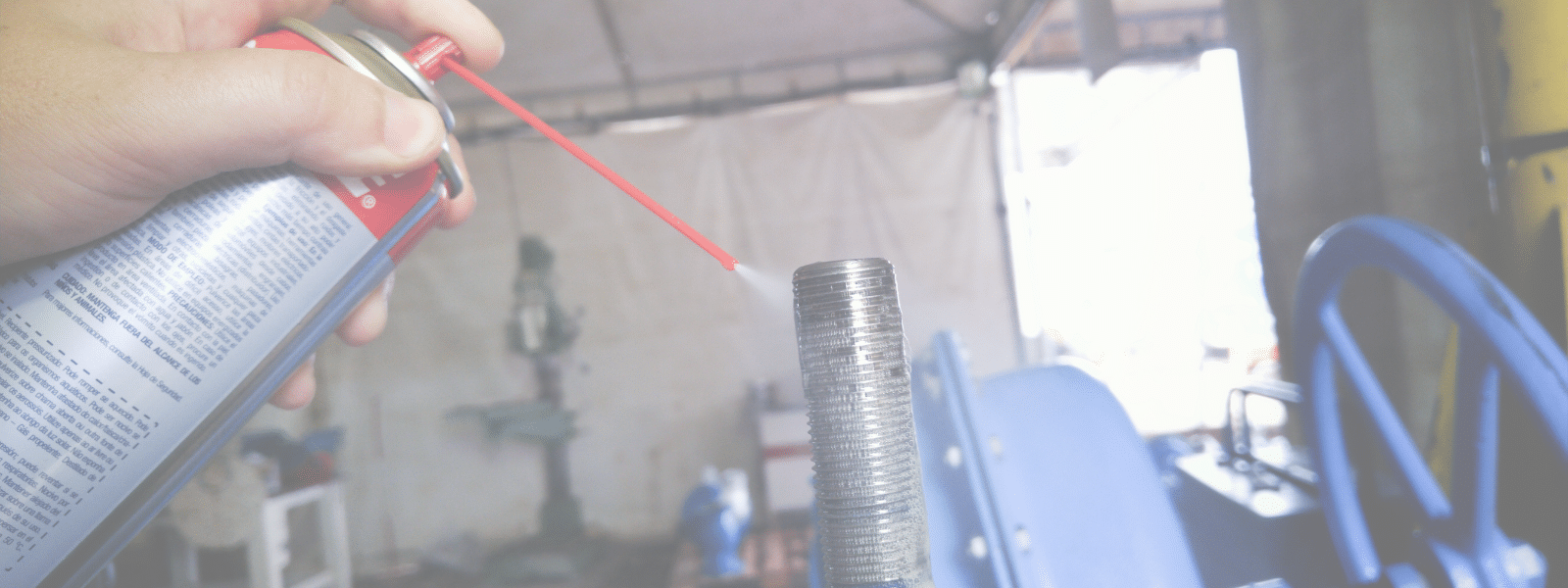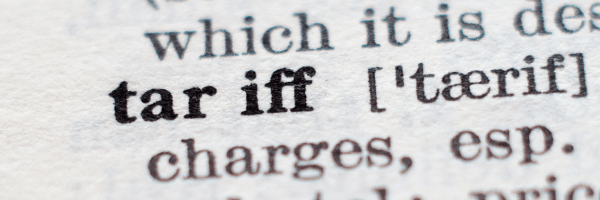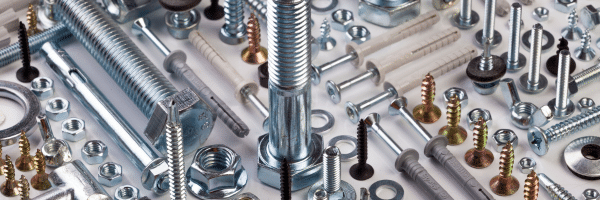SHOP NOW
The effects of Hurricane Milton are currently being felt throughout the global supply chain, especially when it comes to chemicals products. From cleaning supplies to food-grade chemicals, millions of companies rely on chemical products to keep their operations running efficiently. But the recent hurricane has lead certain chemicals supplies to plummet, and prices to skyrocket. One of the chemicals who’s supply is at an all-time low? D-Limonene Production.
Read on to learn more about D-Limonene shortages and how you can best help your business prepare.
What Is D-Limonene Production?
First, let’s discuss what this chemical is.
D-Limonene is a naturally occurring substance in citrus and other species of plants. Here are some common examples of where D-Limonene can be extracted from the peels of…
- Tangerines
- Grapefruit
- Oranges
- Lemons
- Limes
Once extracted, this chemical can be used as an ingredient in various products. For example, it’s used in essential oils for fragrance, as food-grade flavoring, or even to repel insects, and is commonly used as a cleaner.
D-Limonene is a natural solvent and degreaser, making it an effective and eco-friendly cleaning ingredient. Here’s how it may be used:
- Removing tough stains (i.e., chewing gum)
- Removing adhesives (i.e., tar and tape)
- Degreasing
- Cleaning hard surfaces
- Hand cleaner
- & more!
How the Impact of Hurricane Milton Is Affecting D-Limonene Production
Unfortunately, one of the primary chemicals affected by the supply chain disruptions from Hurricane Milton was D-Limonene production.
Why?
While Florida is known for its sunshine, it’s also known for its Florida oranges, and the state accounts for 36% of the United States’ citrus production.
In the wake of Hurricane Helene and Hurricane Milton, citrus groves across the state of Florida have been negatively impacted, leading to record low citrus production.
Before both hurricanes hit Florida, citrus production was already estimated to reach an all time low of 16%.
After Hurricane Milton, citrus production is estimated to be down 40% compared to last year, resulting in over $2 billion in damage to crops and infrastructure.
Not only does this mean that the agriculture industry is suffering, but all the industries that rely on citrus.
For the chemical industry, this means cleaners containing the key ingredient of D-Limonene.
How to Prepare for Production Shortages: Choose Preptone
The best way to prepare for shortages is to take action now.
Stock up now with Ecolink’s Preptone, a precision blend of an ultra-high purity of d-limonene and an acetone base.
This cleaner is VOC exempt, making it a greener alternative to harsher chemical products, and an effective product for removing tough stains and substances.
Visit our website or contact our team to order yours now!





